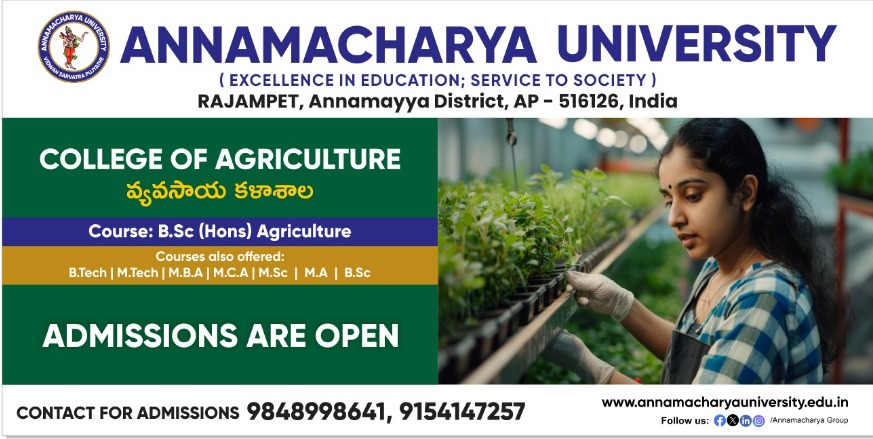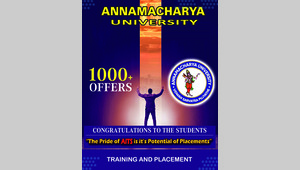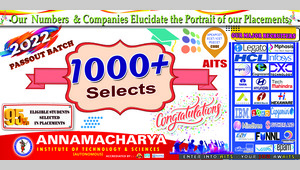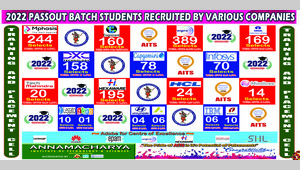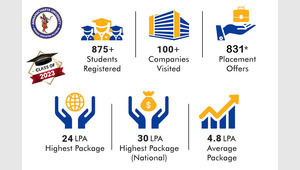Department
Computer Science and Engineering (Artificial Intelligence)
Conferences
University conferences offer valuable opportunities for students to engage in academic and professional development. These events can vary widely in focus and scope but generally provide a platform for students to present their work, network, and gain insights into their fields of interest. Here’s a breakdown of the types of conferences and their benefits:
Academic Conferences
- Research Presentations: Students can present their research findings, participate in poster sessions, or engage in discussions about their projects.
- Workshops and Panels: These often include workshops on research methods, academic writing, and data analysis, as well as panels featuring experts and researchers.
- Networking: Students can connect with faculty, researchers, and peers from other institutions, potentially leading to collaborative projects or future academic opportunities.
Professional Development Conferences
- Career Workshops: These conferences may offer sessions on resume building, job searching, interview skills, and career planning.
- Industry Panels: Students can hear from professionals in their field about industry trends, career paths, and emerging technologies.
- Networking: Opportunities to meet with industry leaders and potential employers, gaining insights into the job market and building professional connections.
Student-Led Conferences
- Organizational Experience: Students often have the chance to organize and run these conferences, developing leadership, project management, and organizational skills.
- Student Presentations: These conferences typically feature presentations from students on a variety of topics, including research, creative projects, or academic achievements.
Interdisciplinary Conferences
- Cross-Disciplinary Interaction: These conferences bring together students from different fields to discuss interdisciplinary topics and collaborate on innovative solutions.
- Exposure to New Ideas: Students gain exposure to different perspectives and approaches, broadening their understanding and sparking new interests.
Regional and National Conferences
- Broader Exposure: These conferences often draw participants from multiple universities and regions, providing students with a wider audience and more diverse perspectives.
- Competitive Opportunities: Students may have the chance to compete in contests, awards, or recognitions that can enhance their academic and professional profiles.
Specialized Conferences
- Focused Topics: These conferences center on specific fields or subjects, such as environmental science, engineering, humanities, or business, allowing students to delve deeply into their areas of interest.
- Expert Insights: Students can learn from specialists and experts in their field, gaining cutting-edge knowledge and understanding of current trends.
Benefits of Attending and Participating in Conferences:
- Skill Development: Enhances public speaking, presentation, and research skills.
- Academic Growth: Provides feedback on research, introduces new methodologies, and expands knowledge.
- Networking: Builds relationships with peers, mentors, and professionals, which can lead to future collaborations or job opportunities.
- Professional Exposure: Increases visibility in one’s field and can lead to recognition and career advancement.
- Inspiration and Motivation: Exposure to new ideas and innovative projects can inspire students and provide motivation for their own work.
How to Get Involved:
- Submit Abstracts: Look for calls for papers or abstracts and submit your work for presentation.
- Attend: Participate as an attendee to gain insights and network.
- Volunteer: Offer to help with conference logistics or organization, which can provide additional learning experiences.
- Join a Conference Committee: If your university hosts conferences, joining the organizing committee can provide valuable experience.
Overall, conferences are a great way for students to engage with their academic and professional communities, gain new skills, and advance their careers.
